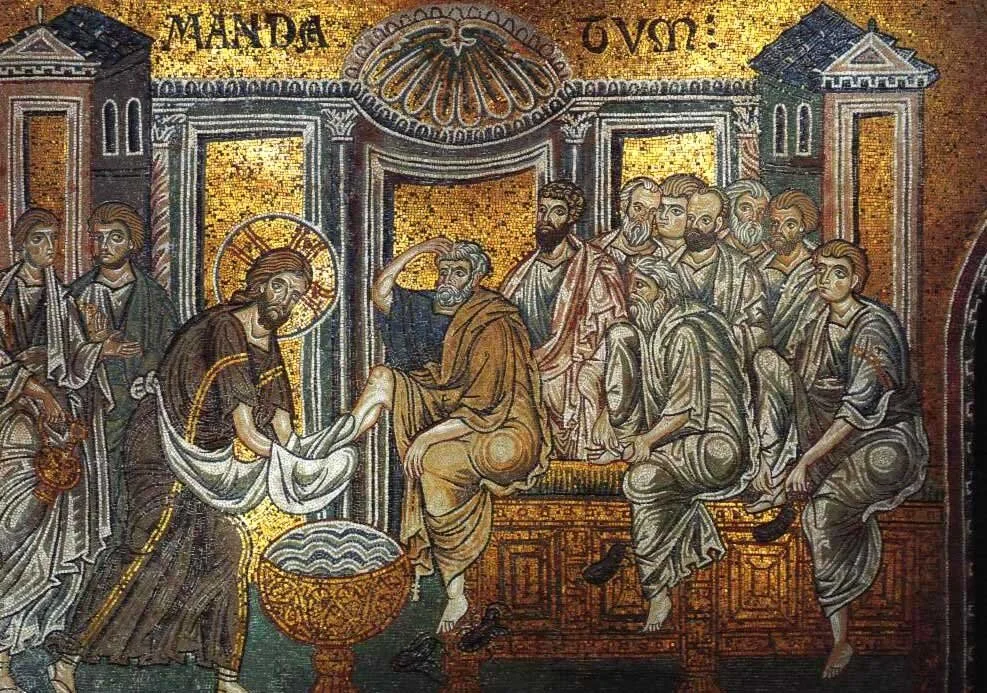What blinds us to really seeing Jesus? At times, it might be overpromising, prepackaged spirituality exercises, like overhyped Lenten programs, that end up hooking us on slightly deviant images of God. The traditional practices of the Church, such as the instruction to fast, pray, and give alms in Lent, are comparatively underhyped. Might these, however, actually be remedies for our hidden idolatries and unperceived blindness?
"Do you know what I have done to you?" The Transformative Gift of Jesus in Washing the Disciples' Feet
Take a Scriptural Pilgrimage this Lent
Free Resource: A Scriptural Pilgrimage through Lent
Long After the Prodigal Son's Return
The Chronicles of Narnia: A Spiritual Journey
In a world grown cold without wonder, how do you reimagine the drama and joy of Christianity? For C.S. Lewis, the answer was to invite us into a different world that would help us see this one with fresh eyes. That world was Narnia, and when Lewis wrote that world into existence, he created more than a story — he created the possibility for a moral and spiritual journey.
“The Chronicles of Narnia” span seven books, each a narrative unto itself, that come together to form a larger whole. Lewis started writing these stories with “The Lion, the Witch, and the Wardrobe” (published in 1950) because he had this image in his mind of a faun standing next to a lamppost, and he wanted to tell a story about that. In the course of writing that first story, it soon became a Christian story because he imagined what kind of redeemer a world like the one he was imagining would need.
Read more at OSV Newsweekly
The Questions of Jesus: "Where have you laid him?"
The Questions of Jesus: "What are you thinking in your hearts?"
The Questions of Jesus: "Why do you call me good?"
The Questions of Jesus: "Do you see anything?"
The Questions of Jesus: "Do you want to be healed?"
The Questions of Jesus: "Does this shock you?"
Jesus is obedience incarnate. He is nothing other and nothing less than everything the Father gives to him. To consume his words, to consume his works, to consume his example, and, in the end, to consume his very life--his body, his blood--is to receive nothing other than his uninterrupted obedience to the Father.
The Questions of Jesus: "Who do the crowds say that I am?"
Perhaps there is no greater threat to our own security than the gods we create out of our own expectations. These gods constantly swirl in our hearts and masquerade in our imaginations. There is the god of my own convenience; the god of my condition; the god of my hidden agenda; the god of my private religious worldview. These gods get broadcast far and wide by the "crowds", who present an divine image that serves some end that they or we or I seek for their or our or my own purposes.










